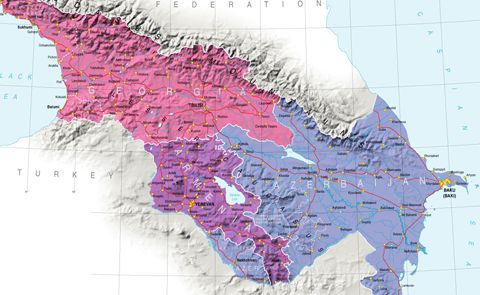
Bzhania Addresses Challenges in Abkhazia Amid Russian Funding Cuts
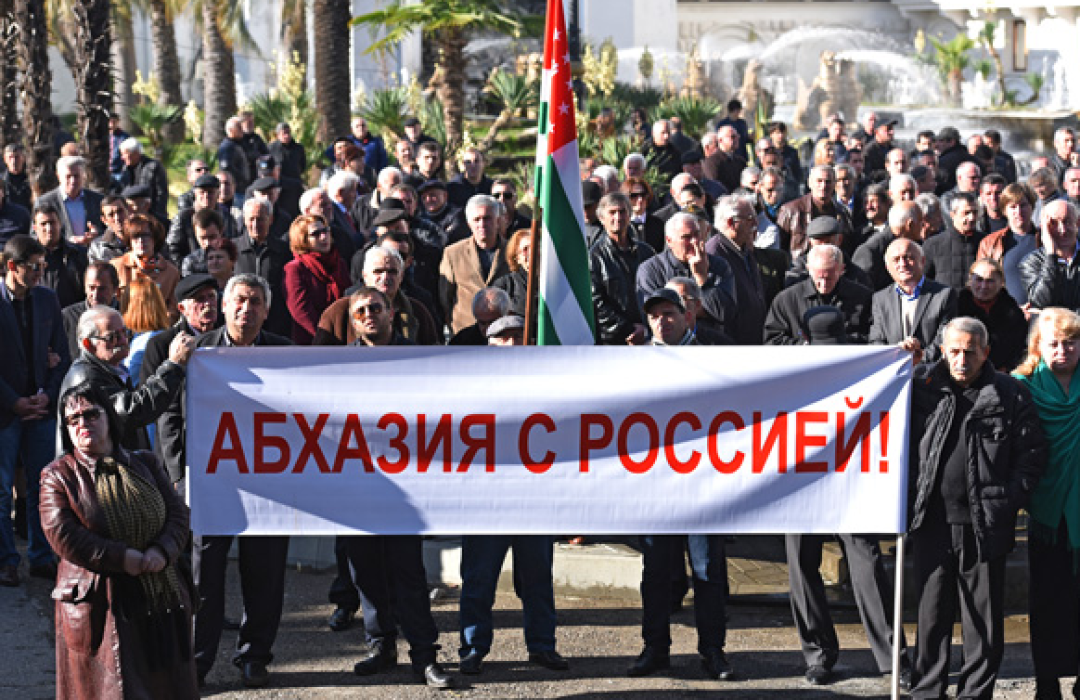
In a September 19 interview, Aslan Bzhania, the de facto leader of separatist Abkhazia, addressed the region's relations with Moscow, particularly in light of Russia's recent funding cuts to the occupied territory.
Asked whether the cuts would affect Abkhazians, Bzhania confirmed, "The suspension of the funding process will certainly affect a large number of Abkhazian citizens - teachers, health workers, people working in culture, and many others." He added that the regional leadership "is engaged in solving this problem."
Commenting on the reason for Russia's funding cuts, Bzhania said that Abkhazia had avoided fulfilling its obligations to Moscow stemming from the so-called Treaty on Alliance and Strategic Partnership signed Vladimir Putin and Raul Khajimba on November 24, 2014. He clarified that the treaty aims at a "qualitatively new level of interstate relations," including a coordinated foreign policy, a common defense space, and a common socio-economic space. Bzhania emphasized that "this agreement is in the interest of Abkhazia" and that the region "cannot avoid its implementation indefinitely."
He asserted, "Russia is our only strategic partner, so I ask, since when do we not trust Russia's leadership?" He added, "The time has come to implement the clauses of this [2014] treaty, and I, as the highest official representing our people, will certainly implement all the provisions of this treaty and the agreements resulting from it, among other reasons because it corresponds to the interests of the Abkhaz people."
Bzhania specifically mentioned the so-called agreement on mutual recognition of arbitration court rulings, which he described as opening opportunities for economic development and attracting investment. He noted that Abkhazia has "an inefficient economy in general" and has failed to achieve the economic development necessary to address current problems, particularly in attracting investment.
He dismissed concerns about the potential risks of concluding this agreement, saying, "We can only have investment from the Russian Federation, and an investor will come to the country if there are security conditions and guarantees for doing business." Bzhania also noted that 90% of construction in the occupied region is currently financed by joint Russian-Abkhazian companies.
Bzhania also outlined the very difficult circumstances for Abkhazia, citing factors such as "Ukrainian authorities are calling on opposition forces in Georgia to stage a coup and open the second front," "Russian cities are being attacked by Ukraine and its allies," and that Abkhazia remains "at war with Georgia" with no agreement on the non-use of force.
See Also

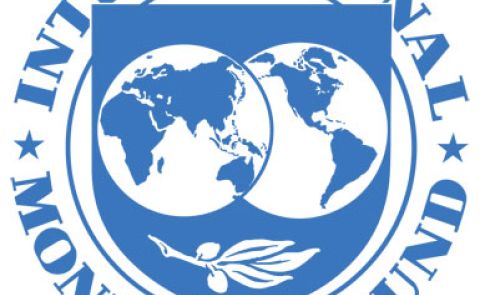
IMF Predicts Rising Strategic Reserves, GDP Growth, and Inflation Stabilization for Azerbaijan by 2030

Armenian Officials and Georgian President Discuss Strategic Cooperation, Peace Efforts, and Regional Stability in Yerevan
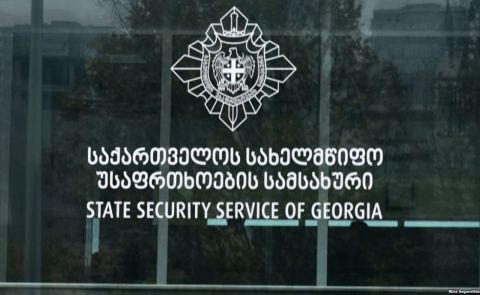
State Security Service of Georgia Identifies Occupation and Annexation as Primary National Security Challenge in 2024
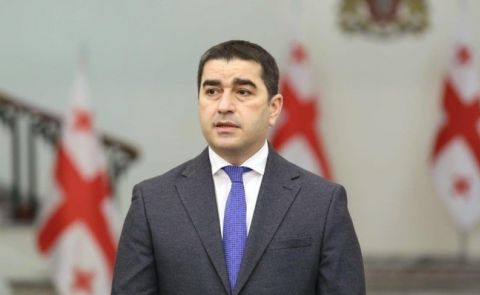
Shalva Papuashvili Criticizes EU for Misusing Funds, Warns of Continued Harm to Georgia’s Democracy
